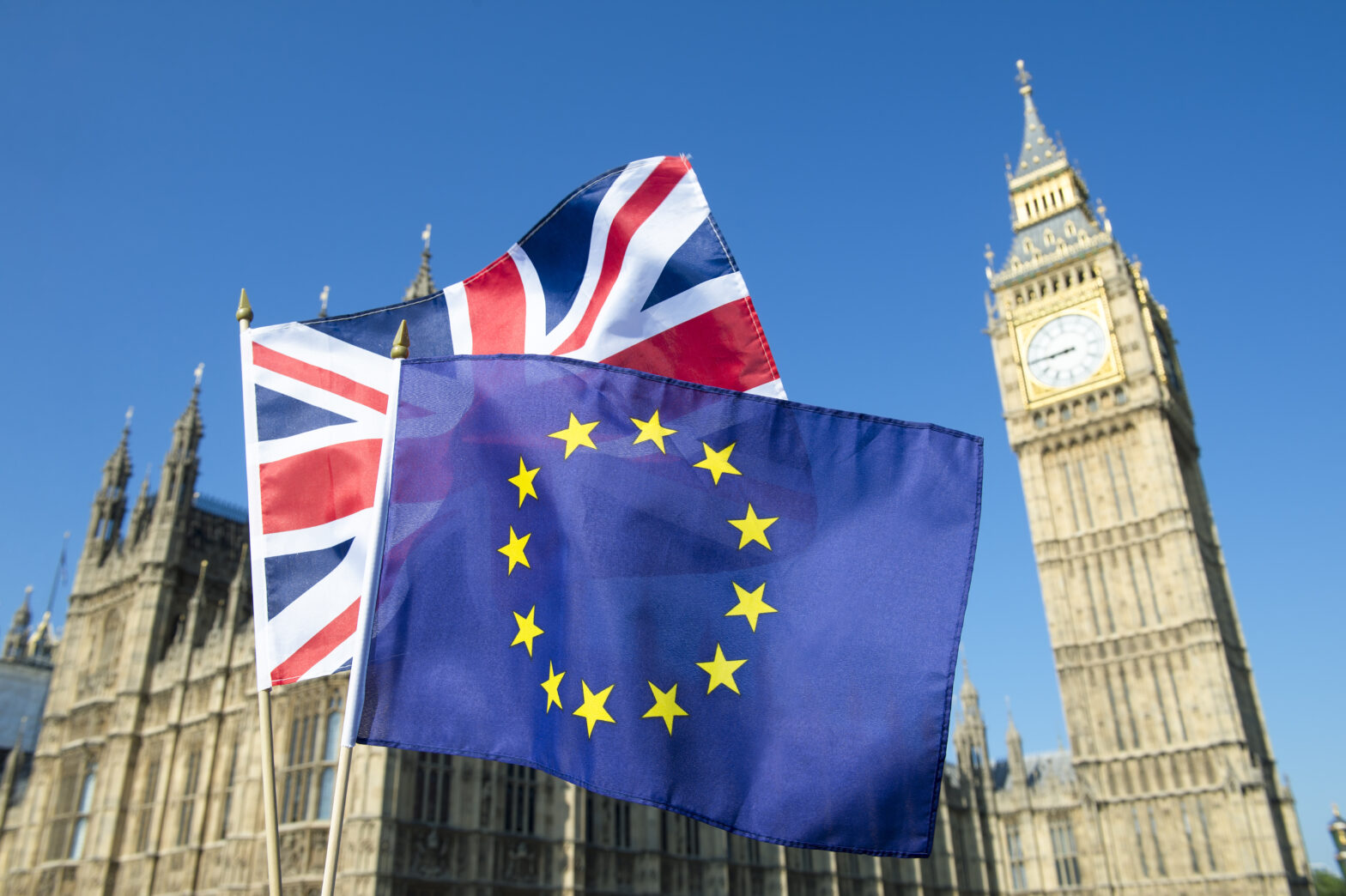Three months on from Britain’s vote to leave the European Union, the topic of single market access continues to dominate conversations.
Conflicting views have emerged on the subject. Leading Brexit campaigner Iain Duncan Smith believes Britain should not necessarily seek to remain in the EU’s single market because “that would entail putting [the UK] yet again under the rule of European law”.
On the other side, many politicians, including the chancellor, Philip Hammond, reportedly want to see Britain retain access to the single market, at least in specific sectors such as financial services, while also securing border controls for the UK.
Negotiating this may prove troublesome. German Chancellor Angela Merkel has reportedly claimed that the UK will have to pay into the EU’s budget if it wants the single market’s advantages.
In my view, there is no doubt that the UK needs to work hard to retain access to the European market infrastructure. Exports of services to the EU are significant: in 2014, the UK exported services worth £84 billion to the EU. Meanwhile, the UK makes up 22% of all imports from the EU. In short, the UK needs access more than the EU needs UK trade.
A bigger issue
For the FinTech industry, however, there’s a negotiation point that’s even more poignant than single market access: the question over whether or not UK financial compliance will continue to carry weight across the EU.
Currently, companies that are regulated through the Financial Conduct Authority (FCA) have a passport to the rest of the EU, without having to apply for individual national licenses. This enables UK FinTech companies to trade seamlessly across Europe and scale at speed.
Passporting is in part the reason the UK has been so successful in the FinTech sphere – Britain is by far and away the stand out nation in this industry. According to Accenture, the UK and Ireland is the fastest-growing region for Fintech investment.
Deal volumes in the UK have been growing at 74% a year since 2008, compared with 27% globally and 13% in Silicon Valley. If negotiators push too hard, we could see this strong position threatened.
Brexit phase two
With parliament’s summer recess at an end, negotiation talks are heating up. The ‘Chequers Talks’, launched at the end of August, are said to be the most significant since the Referendum result.
These early discussions involve talks between the Prime Minister Theresa May and her Cabinet. They will be coming to decisions on the terms of the negotiations that they will be taking to the EU in 2017.
However, it’s worth remembering that even once the UK government agrees on its best approach for negotiations, there is a long way to go before the EU agrees to the terms and conditions of Britain’s exit from the EU.
Theresa May and her colleagues will have to work carefully to ensure they get the right deal without pushing too hard. There is no a la carte option – push too hard on migration laws or EU fees and the EU will withdraw access to the single market or remove the UK’s right to regulatory passporting.
The latter would be troublesome for the FinTech industry. Not only will existing UK tech entrepreneurs be forced to go through the tricky and laborious process of applying for individual licenses across Europe, but future talent may consider launching elsewhere in the EU if the UK no longer offers the trade and regulatory benefits it once did.
Making an impact
With that in mind, FinTech entrepreneurs shouldn’t lose faith in London’s position in the FinTech ecosystem – or the stability of the companies within it. At most London FinTechs, it’s business as usual.
EU benefits, such as passporting and single market access, boost the vibrant FinTech ecosystem in the City, but they are by no means the sole reasons why London is the FinTech capital of Europe.
Among other things, the UK has one of the best time zones in the world, a financial history that far exceeds its membership in the EU, and the rigorous infrastructure that makes London the perfect place to launch and invest in FinTech enterprises.
FinTech entrepreneurs and investors don’t have control over the negotiations currently underway between Theresa May and her party, but they can continue to focus their efforts on innovating and ensuring that London continues to be the hub of financial activity across Europe.
By proving their ongoing resilience and strength in this sector, Brexit negotiators will have little choice but to focus on agreements that have their best interests at heart.
Sourced from Philippe Gelis, CEO and co-founder, Kantox







